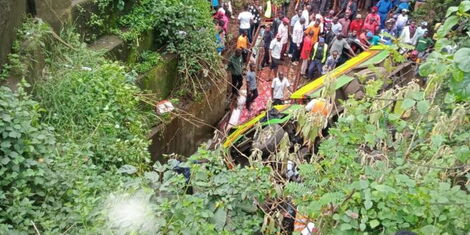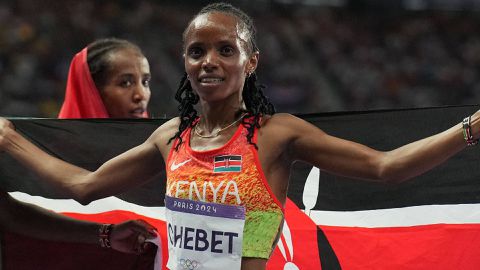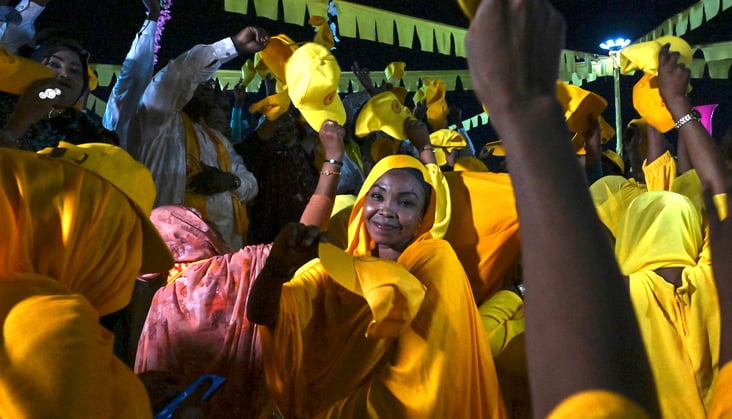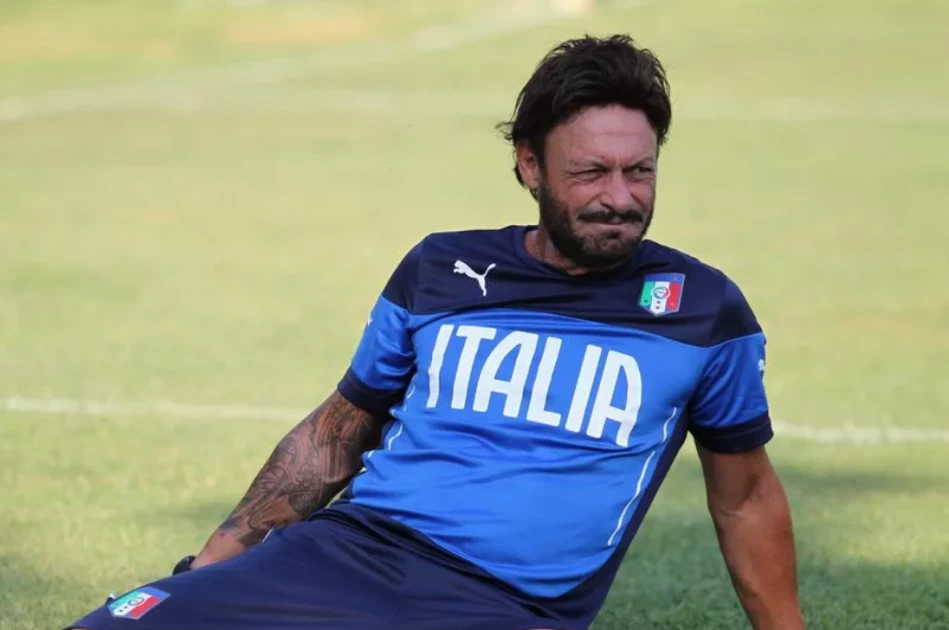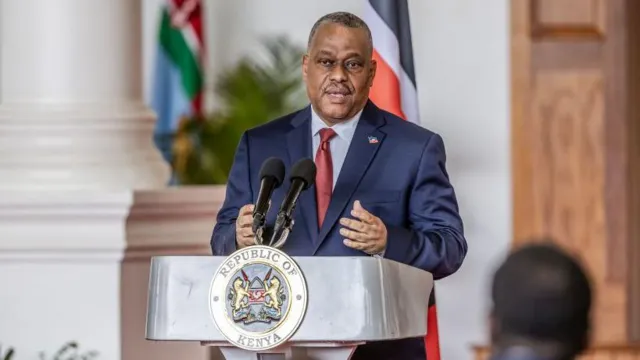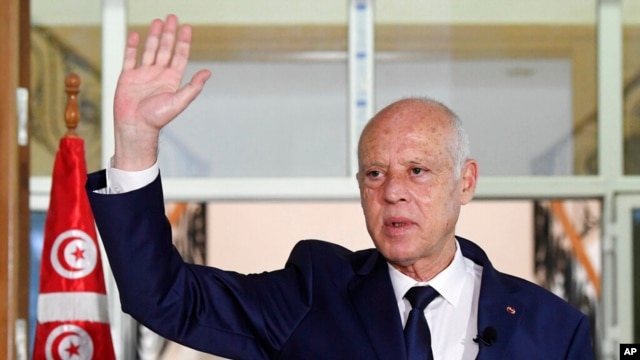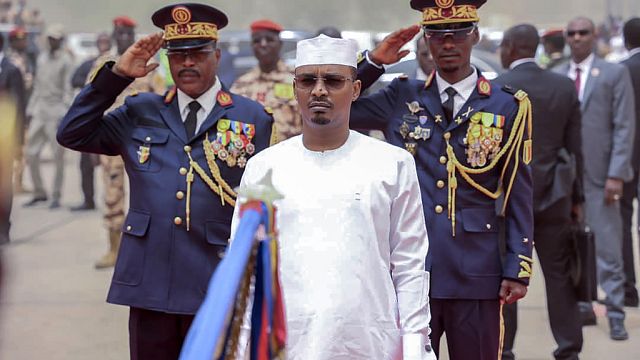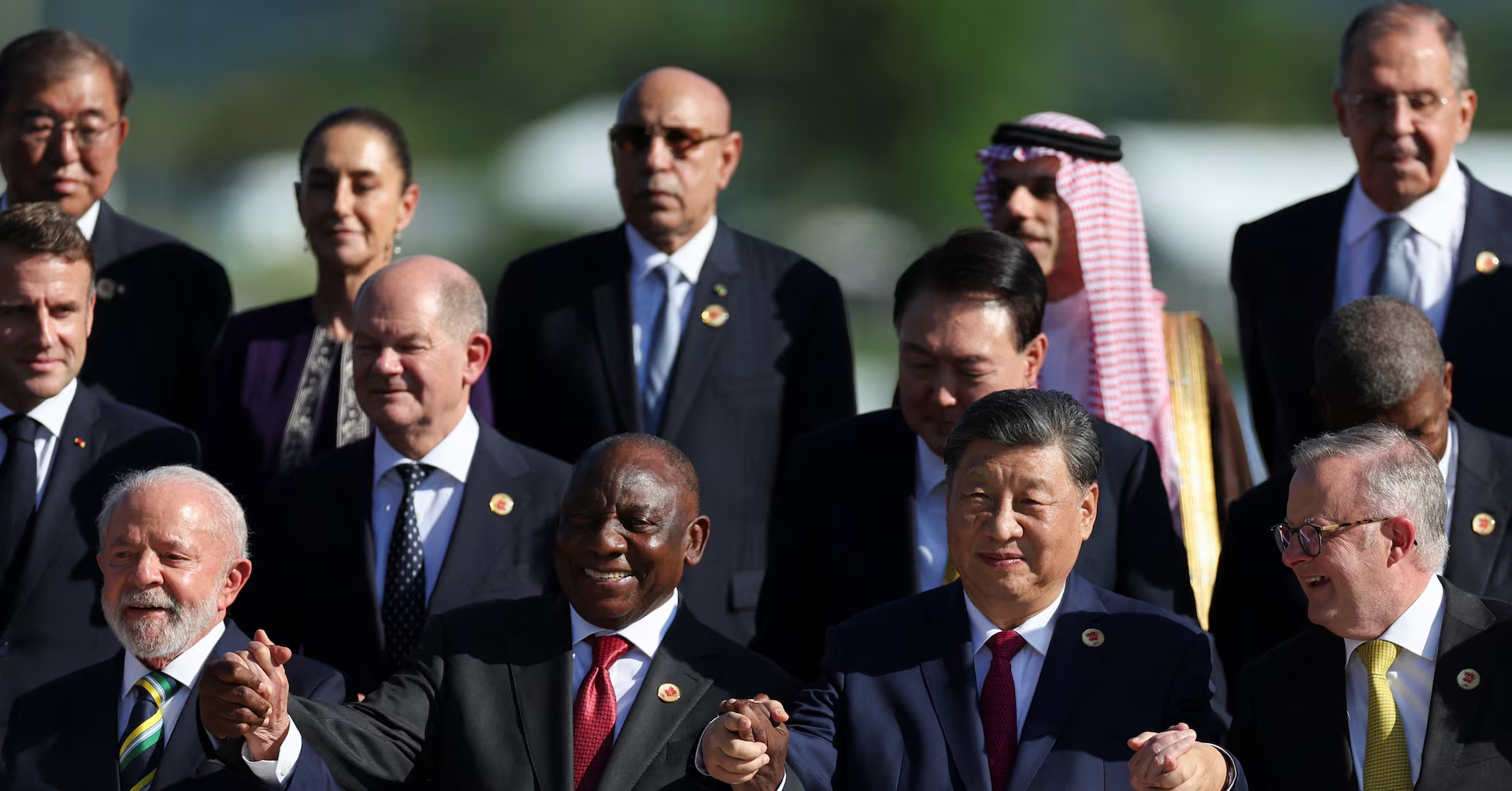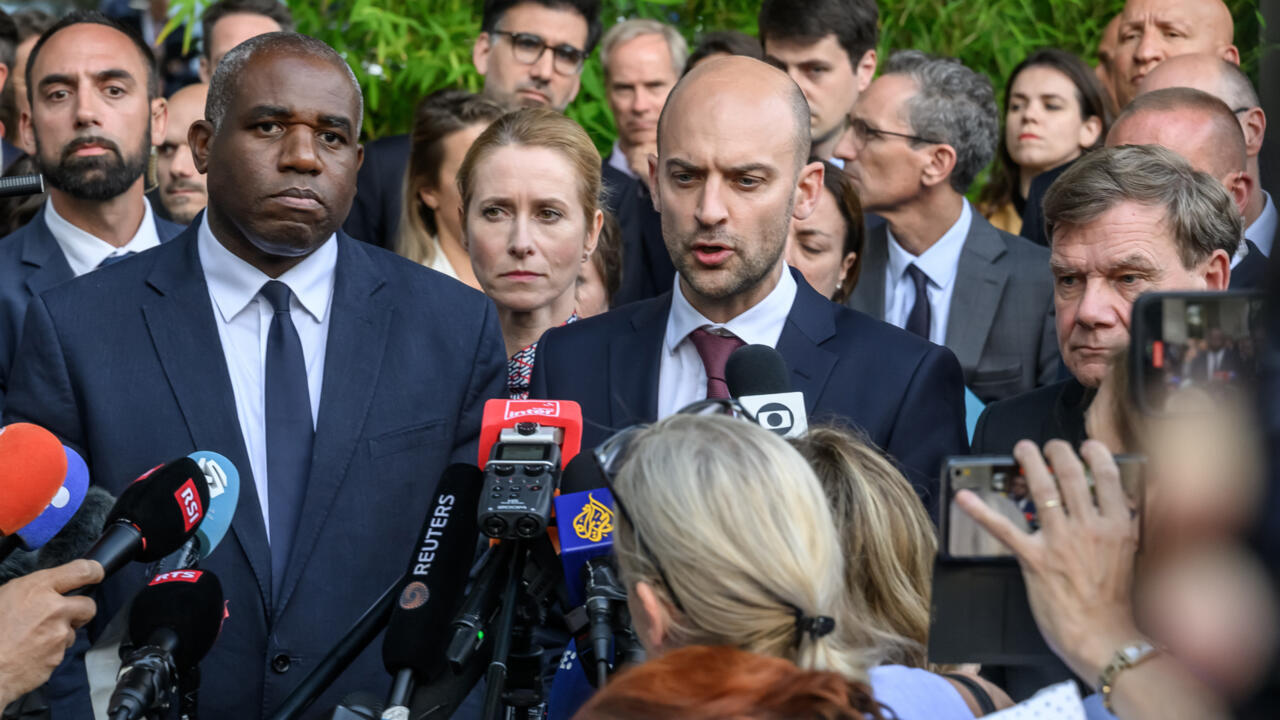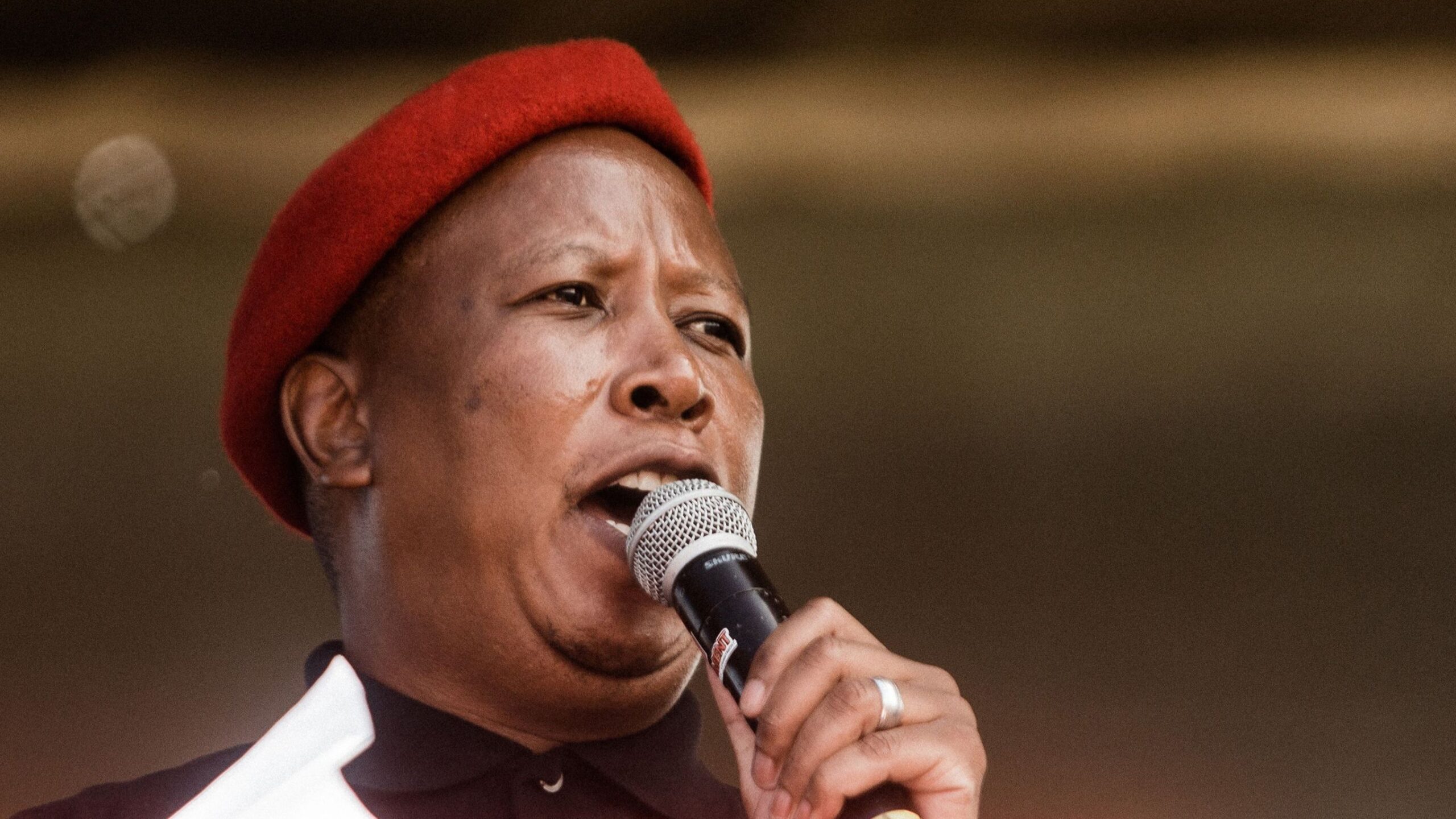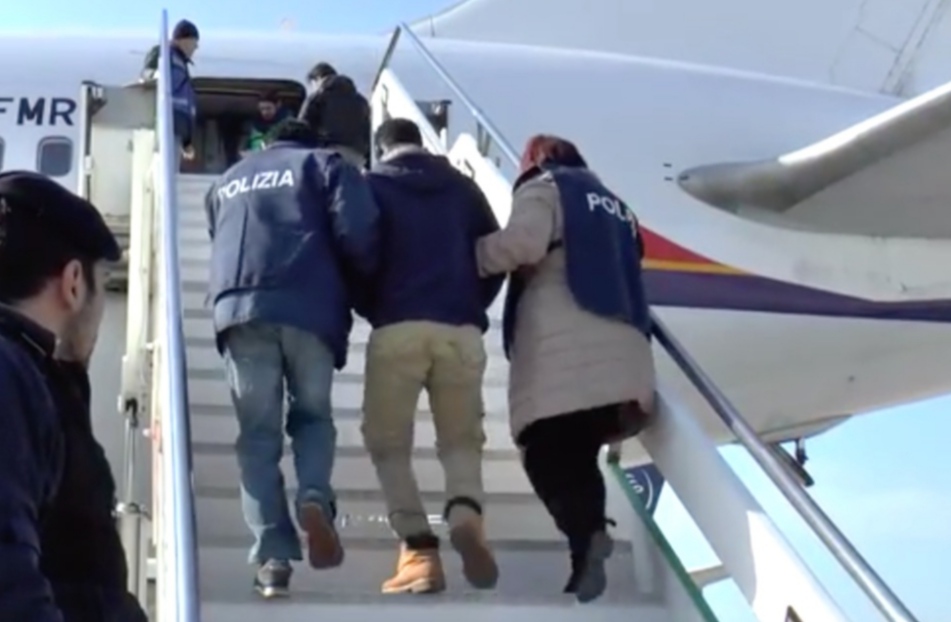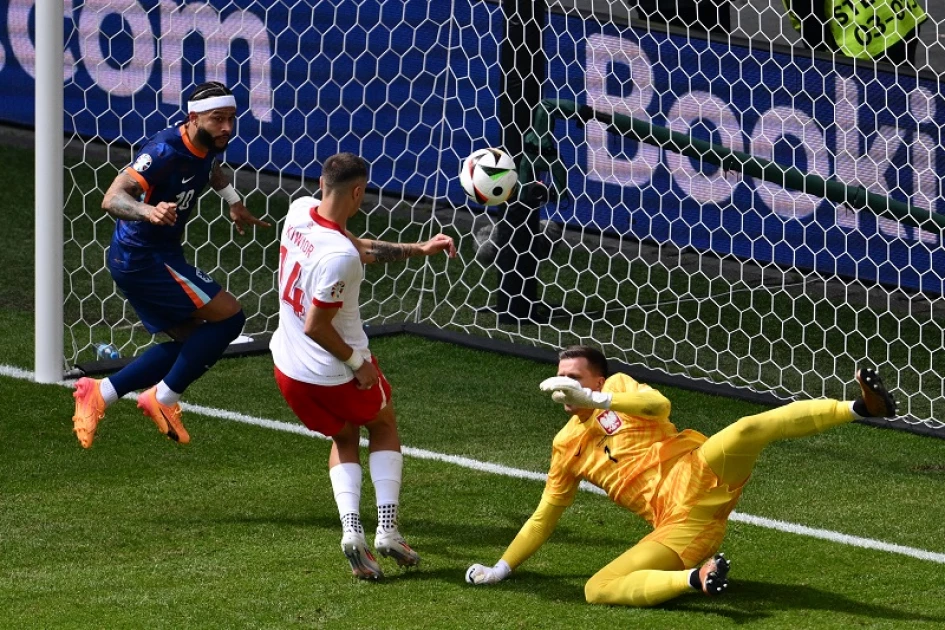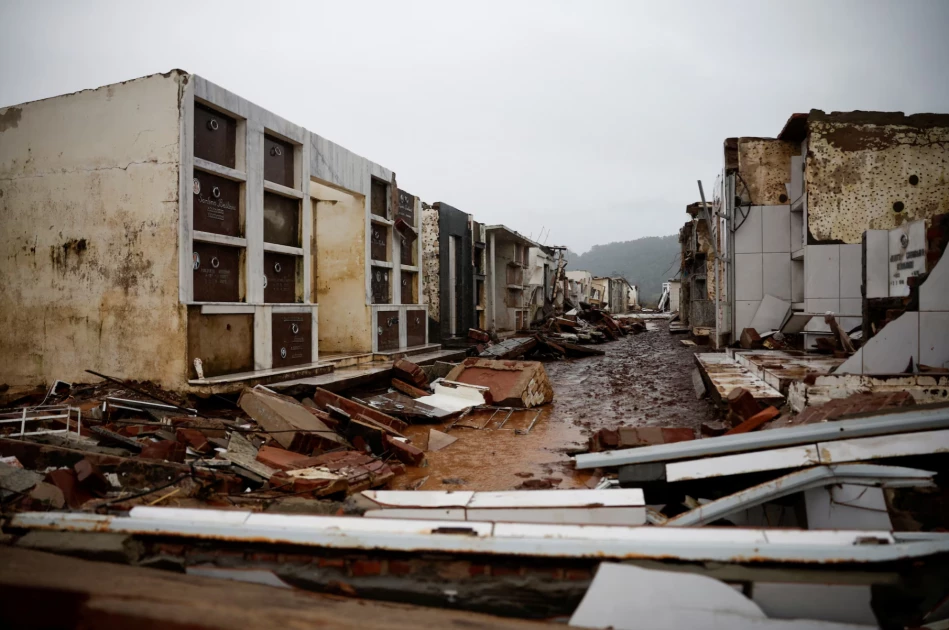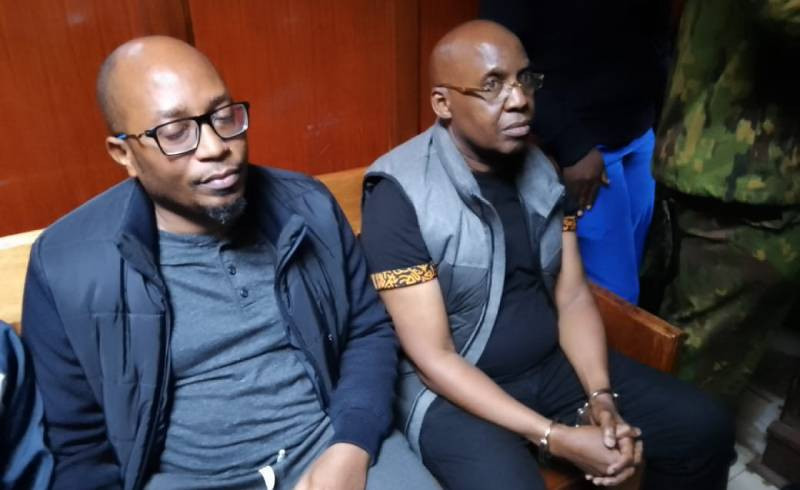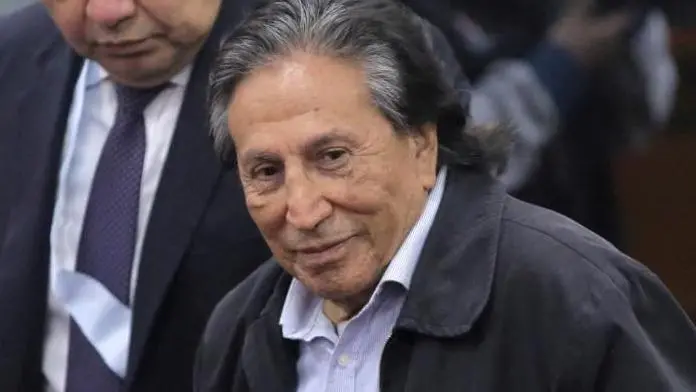A nine-member council in charge of overseeing Haiti’s political transition has named politician Garry Conille as the Caribbean nation’s next prime minister.
Tuesday’s decision comes amid a period of turmoil for the country, which has seen gangs seize control over much of the capital, Port-au-Prince.
Conille is a familiar face in the role of prime minister: He served for four months, from October 2011 to February 2012, and resigned after clashing with then-President Michel Martelly.
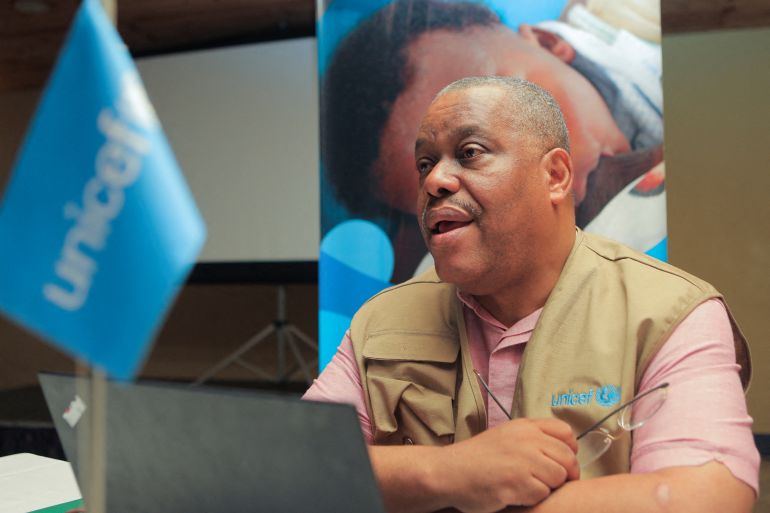
He now takes over for interim Prime Minister Michel Patrick Boisvert, who was appointed to the role after the previous prime minister, Ariel Henry, formally resigned in late April.
The process of selecting a new prime minister was a rocky one, complete with false starts and controversy.
Since the assassination of then-President Jovenel Moise in July 2021, Haiti has not held a federal election.
Henry, an unelected official chosen days before the assassination, served as acting president in Moise’s stead after his shooting death.
In the aftermath, a regional cooperation bloc known as the Caribbean Community or CARICOM negotiated the creation of a transitional council to restore Haiti’s democracy.
Nine members were chosen, seven of whom would have voting powers. The council is set to be dissolved in 2026, after a new presidential election is held.
Conille’s appointment as prime minister came as the result of a six-to-one vote. Since 2023, he has served as a Latin America regional director for UNICEF, a UN agency that offers humanitarian aid to children.
But confusion has accompanied the process of choosing a new prime minister.
Last month, four of the transitional council’s seven voting members chose a former sport minister, Fritz Belizaire, to fill the post, only to walk back the announcement after critics said the proper protocols had not been followed.
Even Tuesday’s announcement was received with scepticism. Line Balthazar, the president of the Tet Kale party, told a local radio station on Monday that the selection process had thus far appeared to be improvised.
The Montana Accord, a Haitian civil society group, also questioned the transitional council’s commitment to transparency, noting it had not shared how it came to its decision.
“The suffering of the people is getting worse, while the gangs are taking control of more territory and committing more crimes,” the group said in a statement on Tuesday, urging “consequential measures” to restore stability in Haiti.
Meanwhile, gang leaders have warned they will not necessarily accept the transitional council or its choices.
“We’re not going to recognise the decisions that CARICOM takes,” Jimmy “Barbecue” Cherizier, the leader of the G9 Family and Allies gang, told Al Jazeera in March.


